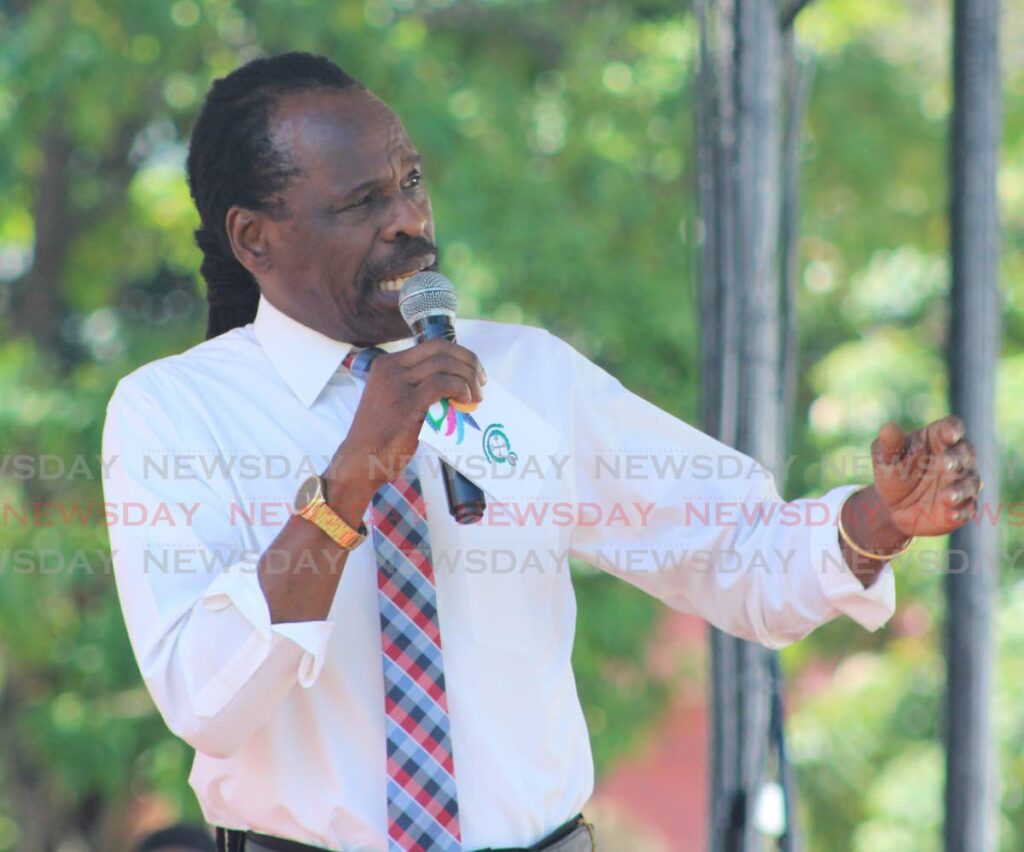Reactions after court ruling on asylum-seekers, refugees: 'Urgent need for legislative reform'

The ruling by Justice Frank Seepersad on Tuesday which clears the way for refugees and asylum-seekers in this country to be deported, if they contravene immigration laws, highlights the urgent need for legislative reform to protect this vulnerable group of people.
Speaking hours after Seepersad's ruling on Tuesday, executive director of the Caribbean Centre for Human Rights Denise Pitcher said there is a need to protect them.
“Deporting asylum-seekers and refugees, which this ruling paves the way for the state to do, back to a situation from which they had fled in the first place, risks leaving them in situations where their safety and security may be threatened,” Pitcher said.
In a ruling on the judicial review and constitutional claim of Venezuelan national Yohan Jesus Rangel Dominguez, who challenged a deportation order the Ministry of National Security issued in March, Seepersad said obligations under the 1951 UN Refugee Convention and the principles of non-refoulement do not apply to TT, as they were not incorporated in domestic law.
The issue of refoulement was also raised in 2018, after 82 Venezuelans were deported.
In a media release then, the UN High Commission for Refugees (UNHCR) assistant high commissioner for protection Volker Türk questioned whether TT had broken its international treaty.
He said: "The forced return of this group is of great concern. We are in contact with the authorities and are seeking clarification on the legal process which has led to the deportations of this group, to ensure that Trinidad and Tobago continues to abide by its international obligations.”
TT signed on to the UNHCR’s 1951 Refugee Convention in 2000, but is yet to enact any domestic legislation.
Article 31 of the convention says no signatories are “to impose penalties, on account of their illegal entry or presence,” of any asylum-seekers.
In a statement on Tuesday, the UNHCR said its Refugee Agency was reviewing Seepersad's ruling and “will provide comment in due course.”
Pitcher said: “While no domestic refugee legislation has been enacted in accordance with our obligations under the Refugee Convention, the government has engaged in measures that can be interpreted as complying with their obligations under the Refugee Convention, such as the establishment of a Refugee Unit within the Ministry of National Security."
A week after the 82 Venezuelans (some of whom were asylum-seekers) were deported in 2018, the Prime Minister lashed out at Türk, saying he “will not allow without protest any international agency to misrepresent our circumstance to the world and stay in TT.”
At the post-Cabinet meeting on April 26, 2018, Dr Rowley said TT was not a refugee camp, and promised to write a complaint to the UN “about the conduct of persons who take it upon themselves to speak about TT.”
Rowley said then that as a careful and responsible member of the UN, he expects UN members in TT to speak the facts of the country.
Pitcher said on Tuesday that recent statements by National Security Minister Fitzgerald Hinds, that a refugee policy was under review, along with his predecessor Stuart Young saying the Immigration Act was “archaic,” were indicators that government understood its obligations to protect asylum-seekers.

Dominguez’s attorneys petitioned Seepersadto consider whether the Immigration Act is compatible with the signed treaty.
Dominguez’s challenge came after he was arrested. The UNHCR granted him asylum-seeker status in April last year, but months later, while travelling in a taxi in Fyzabad, he was arrested and later charged with entering the country illegally.
The 33-year-old father of four pleaded guilty and was fined $2,000. He was then placed on an order of supervision. In March, he was detained again and issued with a deportation order.

Comments
"Reactions after court ruling on asylum-seekers, refugees: ‘Urgent need for legislative reform’"